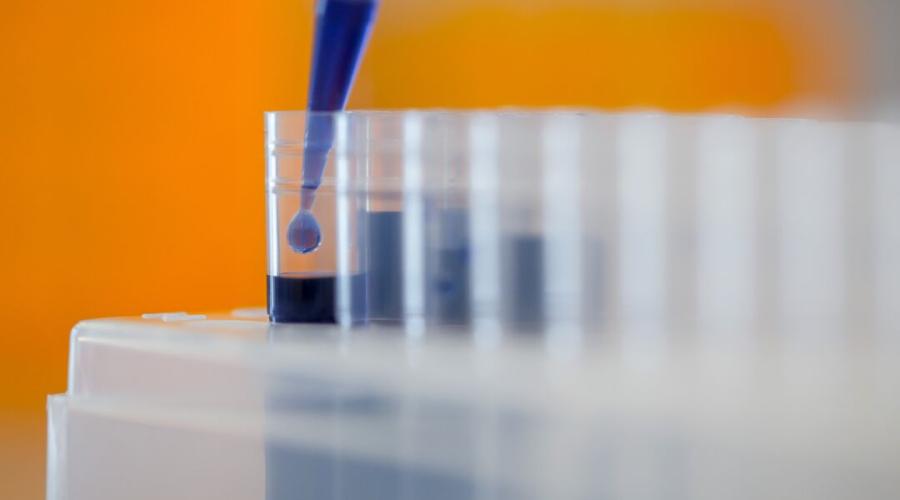
Uncovering How Our Immune System Learns Tolerance
Pediatric autoimmune diseases, where a child's immune system attacks their own healthy cells, tissues and organs, can be challenging to diagnose and often require lifelong therapies with significant side effects to manage symptoms.
Though research has been extensive, medical professionals do not know exactly what causes the immune system to attack the body.
Michael Waterfield, MD, PhD, assistant professor of pediatrics in the Division of Rheumatology, has been investigating the basic mechanisms that can cause immune cells to mistake healthy cells as foreign objects.
His lab's recent finding, published in Science Immunology, identified a gene expression regulator, Ikaros, as a key mediator in educating immune cells to be tolerant of our own cells. This research provides a deeper understanding of how immune tolerance develops and why patients with Ikaros mutations develop autoimmune diseases.
A Key of Centralized Tolerance
T-cells, a type of immune cell, are created in the thymus, a critical organ that starts to atrophy and shrink at age 13. Inside the thymus, special cells called medullary thymic epithelial cells (mTECs) mimic the characteristics of other cells found throughout the body, which are used to train T-cells to recognize and tolerate our healthy organs and tissues.
Waterfield’s research reveals the crucial role of Ikaros in developing and regulating these teaching cells. The study used novel mice lines who had their ability to create Ikaros restricted. Without Ikaros, the mice were unable to induce effective immune tolerance and suffered from systemic autoimmunity.
Prior to this discovery, Ikaros was known for regulating gene expression to develop various types of blood cells. With Ikaros established as a key mediator of immune tolerance, future studies can investigate if autoimmunity in patients with Ikaros mutations is caused by failed tolerance induction in the thymus.
Understanding Mechanisms to Move Forward
“Our finding expands our knowledge of Ikaros beyond its established functions in blood cell development, revealing its crucial function in the thymus and the education T-cells to avoid attacking the body,” says Waterfield.
An improved understanding of Ikaros and how immune tolerance develops could pave the way to breakthroughs in the field. A cohort of patients recently received hematopoietic stem cell transplants to fix severe Ikaros mutations – monitoring to see if they continue to suffer from autoimmunity after having the mutation corrected in their bone marrow could confirm this role for Ikaros in our thymus.
For other patients with Ikaros mutations, which can result in immunodeficiency, leukemia, and autoimmunity, Waterfield’s discovery opens failed immune tolerance in the thymus as a new pathway for researchers to investigate new therapies.
In addition, as interest continues to grow in creating an artificial thymus that can induce immune tolerance in humans to offset autoimmune diseases such as type 1 diabetes or Crohn’s disease, monitoring and modulating Ikaros may be critical to ensure proper function.
